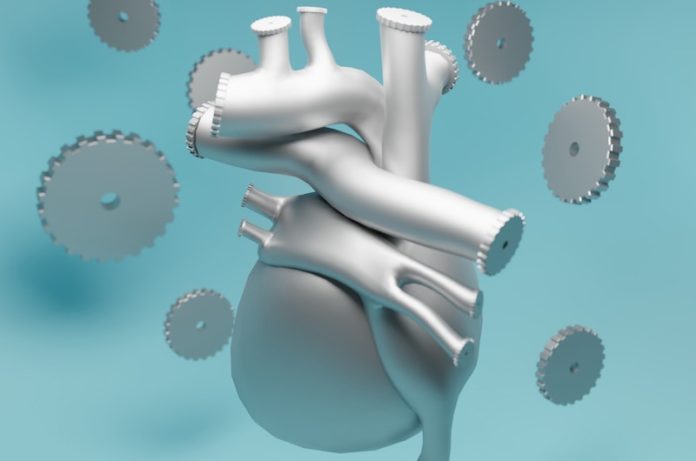
The Silent Challenge: Atrial Septal Defects (ASD)
ASD is a congenital heart defect, characterized by a hole in the heart’s septum. This defect allows blood to flow improperly between the heart’s two atriums.
While ASD affects about 0.1% to 0.2% of the population, its true prevalence may be underestimated due to its often mild or even non-existent symptoms until serious complications develop.
Such complications include heart rhythm issues, heart palpitations, an increased risk of pneumonia, atrial fibrillation, stroke, heart failure, and pulmonary hypertension.
Once these complications develop, they become irreversible, even if the ASD is surgically corrected later on.
Traditional Methods of Detection
Stethoscope: By listening to the heart, the most prominent ASD cases can be identified. However, this only identifies approximately 30% of ASD cases.
Echocardiogram: While effective, it is time-consuming and not practical for large-scale screening.
Electrocardiography (ECG): This quick one-minute test is feasible for screening, but when humans analyze ECGs for ASD-related abnormalities, the detection sensitivity is limited.
In Comes AI
To enhance ASD detection from ECGs, investigators from Brigham and Women’s Hospital and Keio University utilized deep learning.
They trained their AI model using ECG data from 80,947 patients. Among them, 857 were diagnosed with ASD.
The data spanned three hospitals, including two major academic institutions and a community hospital.
When tested in the community hospital setting, their model exhibited superior sensitivity in detecting ASD. It correctly identified the condition 93.7% of the time, whereas conventional ECG analysis did so only 80.6% of the time.
This significant increase in sensitivity indicates that the AI model has promising potential in improving ASD detection.
Benefits and Limitations
Using this AI model on a large scale could enable early detection of ASD, preventing irreversible heart damage for many patients.
Despite its effectiveness, the AI system does have limitations. Since it’s a “black box” system, it’s unclear which features the model uses to make its decisions, making it challenging to derive insights about ASD detection from the AI model itself.
Also, while the AI improves detection rates, no method, even an echocardiogram, can identify every single case of ASD.
The Road Ahead
Considering the success of the AI model in detecting ASD from ECGs, it could be integrated into regular medical check-ups or used in ECG screenings for other purposes.
Such advancements, while requiring careful implementation and continuous validation, hold promise in revolutionizing the early detection and management of ASD.
If you care about heart health, please read studies about how eating eggs can help reduce heart disease risk, and herbal supplements could harm your heart rhythm.
For more information about nutrition, please see recent studies that magnets in common popular devices could harm your heart health, and results showing Vitamin K2 could help reduce heart disease risk.
The study was published in eClinicalMedicine.
Follow us on Twitter for more articles about this topic.
Copyright © 2023 Knowridge Science Report. All rights reserved.



